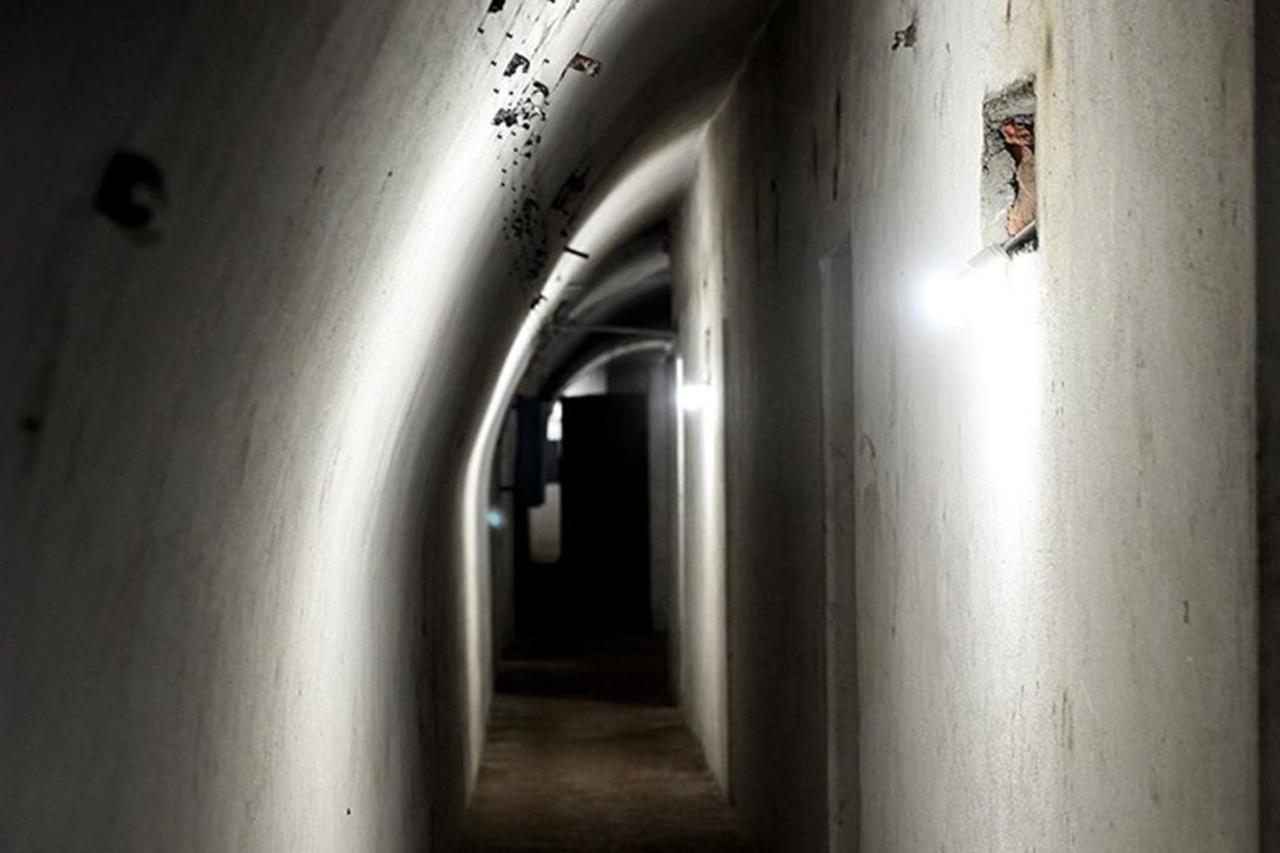
Türkiye completed a major update to its national shelter regulation after a six-month review led by the Ministry of Environment, Urbanization and Climate Change.
Officials worked with 44 institutions during the process and revised the rules to address population growth and rapid urbanization.
Minister Murat Kurum said the updated regulation meets today’s needs and confirmed that metro tunnels and public parks/gardens (millet bahceleri) will serve as shelters. He stated that the ministry will “take every step needed for the security of the nation.”
Authorities published the changes in the Official Gazette and set capacity-based requirements for new buildings.
The regulation defines obligations for housing, care homes, industrial sites and public offices. These rules establish consistent standards for new developments across different sectors.
New residential buildings with more than 10 independent units must include shelters.
Dormitories, barracks, hotels and other lodging facilities with more than 50 beds must also meet this requirement. Long-term care homes for elderly people, children and people with disabilities must add shelters when they have more than 25 beds.
Hospitals and similar medical facilities must comply with the same rule.
Industrial and manufacturing buildings with more than 2,000 square metres of floor area must include shelters. Public buildings larger than 1,000 square metres face the same obligation. These requirements apply to a wide range of new projects and set clear capacity thresholds for mandatory shelter construction.
The regulation introduces new construction standards for schools and sports venues. Shelters inside education buildings must include reinforced concrete ceilings of at least 20 centimetres and walls of at least 30 centimetres. New stadiums and sports venues with more than 5,000 spectators must provide shelters for at least 3% of their audience size.
Public buildings, hospitals and schools must install generators that supply at least 24 hours of uninterrupted power. They must also add satellite phone infrastructure or an emergency Wi-Fi point.
Larger shelters above 100 square metres must include a small kitchen area of at least 2.3 square meters with a sink and an electric cooking unit.
All shelters must contain fire extinguishers, basic medical supplies, battery-powered LED lights, a fixed phone, a radio and devices that support external video communication.
New metro tunnels must follow a design plan that allows them to operate as general-purpose shelters.
Existing tunnels must undergo upgrades to meet this standard. Shopping malls and regional or commercial parking garages must convert underground levels into shelter zones. These sites must complete the process by Dec. 31, 2028.
Large public parks/gardens above 15,000 square metres must include underground shelters that cover at least 3% of the park area. Entrances must remain camouflaged. Cultural centres and shopping malls may use underground cinema, theatre or conference halls as shelter areas.
All shelters must follow accessibility standards set by the Turkish Standards Institution to support older adults, pregnant people and people with disabilities.
Local administrations must record all new, existing or renovated shelters and report this information to provincial Disaster and Emergency Management Authority (AFAD) offices. Building managers must keep shelters ready for use at all times, and underground parking areas may count as shelters when they meet the technical requirements.
The regulation instructs public broadcaster TRT to prepare for uninterrupted broadcasting during emergencies. TRT must build dedicated shelters to support this service and protect its operations.
Local administrations are required to inspect all shelters within one year. Authorities will order improvements under Article 14 for sites that are not ready for use. This step aims to bring all existing shelters in line with the updated rules and ensure a nationwide standard.